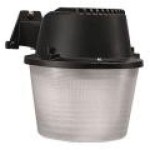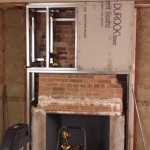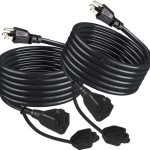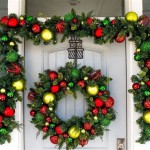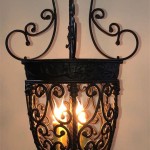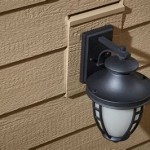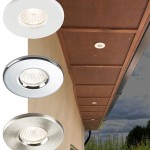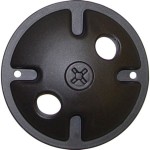Building an Outdoor Wood Burning Fireplace: Essential Aspects
Building an outdoor wood burning fireplace is a project that requires careful planning and consideration of several essential aspects. Each aspect plays a crucial role in ensuring the fireplace's safety, functionality, and aesthetic appeal.
This article explores the key aspects involved in building an outdoor wood burning fireplace, providing detailed information and guidance to help you achieve a successful and enjoyable outdoor experience.
1. Fireplace Design and Materials
The design and materials used for the fireplace will impact its overall appearance and performance. Consider the available space, architectural style of your home, and the desired size and shape of the fireplace.
Refractory materials, such as firebrick and mortar, are essential for lining the firebox and resisting high temperatures. Choose durable materials for the exterior, such as stone, brick, or concrete blocks, to ensure longevity and weather resistance.
2. Safety Precautions
Safety is paramount when building an outdoor wood burning fireplace. Adhere to local building codes and fire safety regulations to ensure proper installation and maintenance.
Consider the location of the fireplace to avoid proximity to flammable materials and provide a designated area for wood storage. Install a spark arrestor or chimney cap to prevent embers from escaping and igniting surrounding vegetation.
3. Ventilation and Smoke Control
Proper ventilation is crucial for the safe and efficient operation of an outdoor wood burning fireplace. The fireplace should have adequate airflow to supply oxygen for combustion and remove smoke.
Install a chimney or flue to channel smoke away from the seating area. A properly sized chimney with a draft-enhancing cap will help create a strong updraft, preventing smoke from billowing into the surroundings.
4. Firebox Construction
The firebox is the heart of the fireplace, where the wood burns. Its design and construction are essential for optimal heat output and durability.
The firebox should be lined with refractory materials to protect against the intense heat and prevent cracking. The base of the firebox should slope towards the front to allow for efficient ash removal. Provide a grate for supporting the wood and ensuring proper airflow.
5. Hearth and Surround
The hearth is the non-combustible area in front of the fireplace that protects the surrounding surface from heat and embers. It is typically made of stone, brick, or concrete.
The surround refers to the decorative elements around the fireplace opening. It can be made of a variety of materials, including stone, tile, or metal, and plays an important role in enhancing the fireplace's aesthetic appeal.
6. Accessories and Features
Accessories can enhance the functionality and enjoyment of your outdoor wood burning fireplace. Consider adding a fire pit screen to prevent sparks from escaping.
Other features, such as built-in seating or a wood storage area, can add convenience and comfort to your outdoor fireplace experience.
Conclusion
Building an outdoor wood burning fireplace requires careful consideration of various essential aspects. By planning and implementing these aspects effectively, you can create a safe, functional, and aesthetically pleasing outdoor living space to enjoy with family and friends for years to come.

How To Plan For Building An Outdoor Fireplace

How To Build An Outdoor Stacked Stone Fireplace

Stonetutorials Living Stone Masonry

Diy Outdoor Fireplace Ideas

How To Build An Outdoor Wood Burning Fireplace Mynexthouseproject

Pima Ii Diy Outdoor Fireplace Construction Plan

What Does It Take To Build An Outdoor Fireplace

Stonetutorials Living Stone Masonry

30 Outdoor Fireplace Ideas Cozy Fireplaces
:max_bytes(150000):strip_icc()/chrisjulia-971f3f9eb708447bbd364fc7f4a16280.jpg?strip=all)
10 Free Outdoor Fireplace Construction Plans
Related Posts
